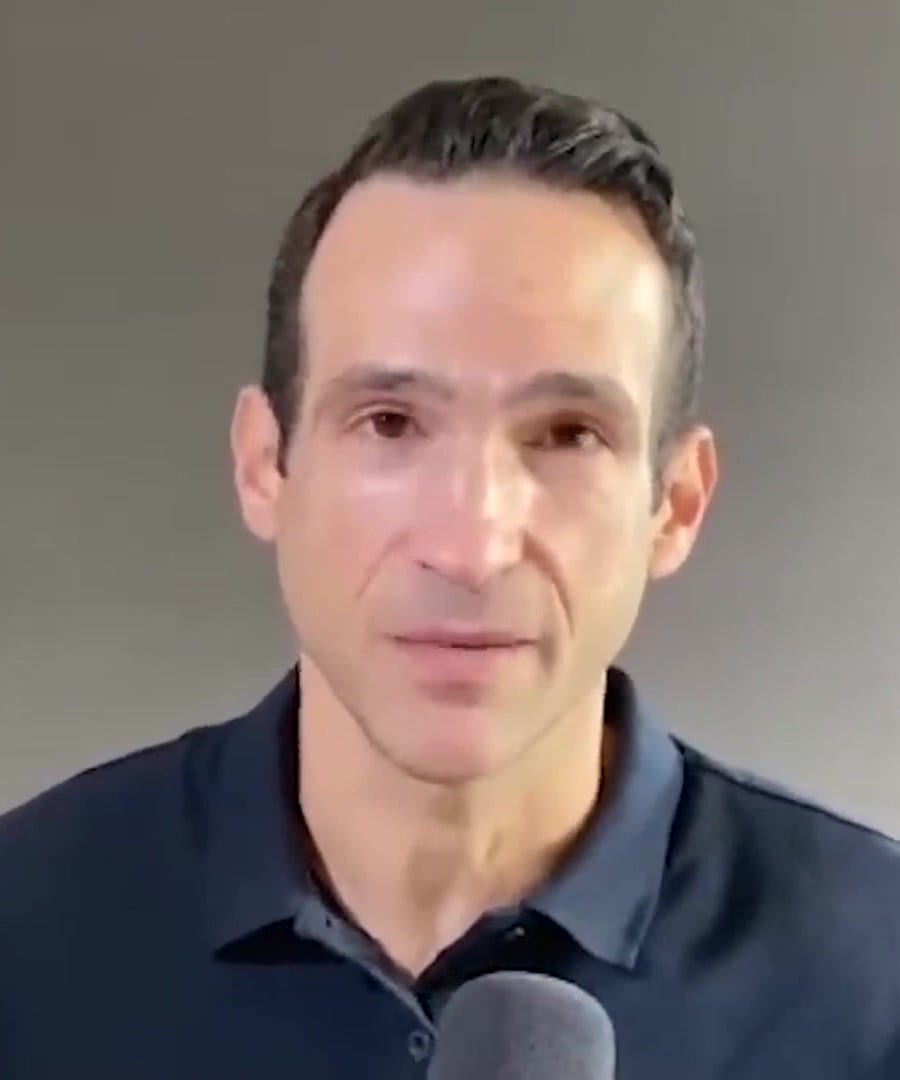Psychology of agency
Sources:
The psychology of agency explores how individuals perceive and exercise control over their actions and decisions. Here are some key insights shared by experts:
-
Concept of Agency:
- Michael Tomasello discusses agency as the cognitive organization within organisms that allows them to set goals, gather information, and make decisions to meet those goals. He emphasizes that agency is necessary for psychology to be involved in understanding behavior, highlighting the role of control systems in intelligent, autonomous behavior 1 2.
-
Importance of Personal Agency:
- Paul Napper explains that a lack of personal agency can lead to feelings of anxiety, overwhelm, and being stuck. Cultivating agency involves improving one's ability to think clearly, make effective decisions, and create a sense of self-confidence. This is particularly important as today's fast-changing world often leaves people feeling lost without clear structures to follow 3 4.
-
Evolutionary Perspective:
- Tomasello also explores the evolution of agency, noting that nature equips organisms with the ability to make informed decisions to navigate unpredictable environments. This decision-making capacity evolves because it allows organisms to adapt to changing conditions and achieve goals 2.
-
Agency and Free Will:
- Michael Levin discusses how the concept of free will emerges from the need for organisms to efficiently determine their actions. He suggests that the belief in free will is driven by an agential view of oneself and the environment, which is a useful way to accomplish both simple and complex tasks 5.
-
Practical Applications:
- Paul Napper and Benjamin Hardy touch on practical ways to enhance personal agency. Hardy critiques traditional goal-setting methods and promotes envisioning actionable steps to overcome obstacles rather than just focusing on the desired outcome 6. Napper provides principles for increasing agency, emphasizing the importance of self-reflection to understand personal definitions of success and prioritize effectively 7.
These insights highlight the significance of agency in both psychological theory and practical life, showing how enhancing one's sense of control and decision-making ability can lead to a more fulfilling and autonomous life.
RELATED QUESTIONS-



